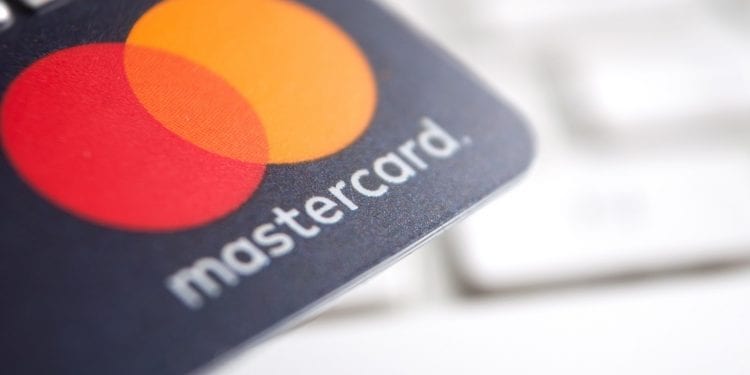On Monday, Mastercard announced it will increase interchange fees from 0.3% to 1.5% for payments from the UK to the EU.
For many merchants, this announcement arrives as yet another hit on top of a 12 months defined by Covid and Brexit. Another hit on their bottom line. Another frustration. Another pain.
I don’t really wish to comment on whether Mastercard did the right thing or not, I am sure there are many reasons. I am also personally undecided as to whether this decision will slow (or as a consequence accelerate) the race to the bottom in transaction fees. Many will also have their own opinions and I’d love to hear them.
What I am interested in is the broader question of control for merchants.
Given the universe can’t be controlled, how do merchants actually and for real insulate themselves? It seems these hits keep coming, but can anything be done? This announcement must be, if nothing else, a catalyst. A trigger for merchants to reflect on their strategy, and to quote the venerable Taleb, consider if there are ways they might make their payments strategy ‘antifragile’.
Reviewing the news, merchants have some options:
- Absorb the fee
- Pass to consumer
- Do something else
Here in the UK, many of us have simply and easily adopted open banking. Paying directly with Monzo is almost as easy as using a credit card (my last few transactions were via my Monzo account at checkout). This itself is a paradigm shift born from years of regulatory and technology change. The solutions are here, easy to use and very real.
I doubt merchants will simply absorb the fee. Experience also tells me that increasing costs to the consumer isn’t something merchants are keen to do either. This places a degree of interest in any available third options.
Given plummeting friction, the low cost and high speed of bank transfers (as one method) presents an interesting, and unprecedented option.
The merchant must be considering keeping that 1% if they can.
Either as a merchant or a consumer. Parties will choose the option that leaves the most cash in their account. The question actually is, “Is optionality able to be injected into the business (cost/risk/time) such that the benefit is realised.”
Merchants must be equipped.
The industry will continue to evolve. Phenomenal venture capital is flowing into fintech, and payment service enablers will be required (market demanded) as even more valuable services and tools enter the market as weeks go by. I don’t for one second believe it will be a clear ‘winner-takes-all’ market (it’s too late for that). Vendors will need to co-exist just as merchants will seek to harmonise and remain agile and finally in-control. When it comes to single-solution strategies, once-bitten twice shy is the new starting point.
Payments strategy in 2021 needs to be as unique and flexible as the business strategy.
Reflecting on the Paydock journey, and our reason for being – this news highlighted to me the fundamental reason we built Paydock. Why we set off on this long journey – and why I’m so passionate about it.
I’m proud to say that Paydock is a big part of the solution. Our goal to increase digital payment acceptance and underpin both the merchant and the processor has never been more necessary.
The payments industry is a fascinating, ever changing landscape which has real bottom line impact. Merchants hope to be able to choose terms, solutions, options – and look to the future with optimism not fear of the next press release. We hope we’re helping even a little.
Editorial credit: NeydtStock / Shutterstock.com











